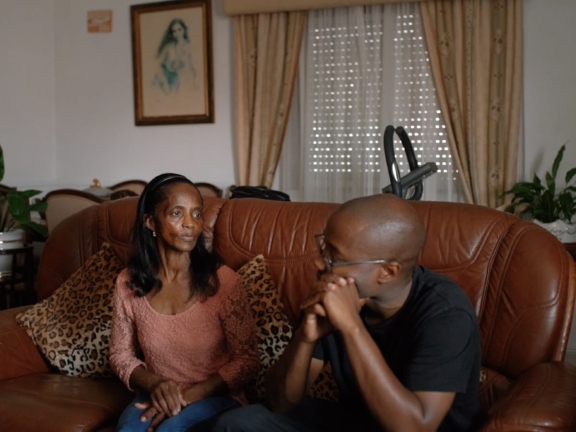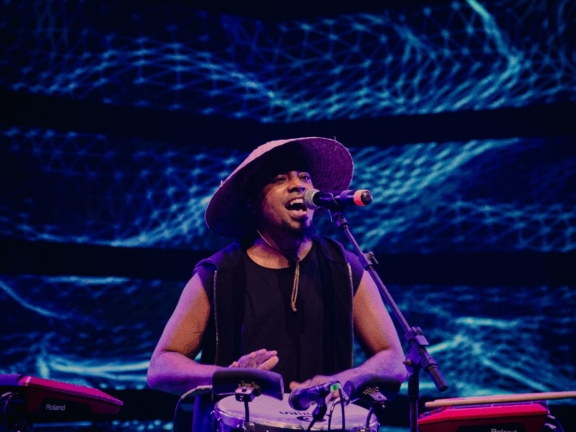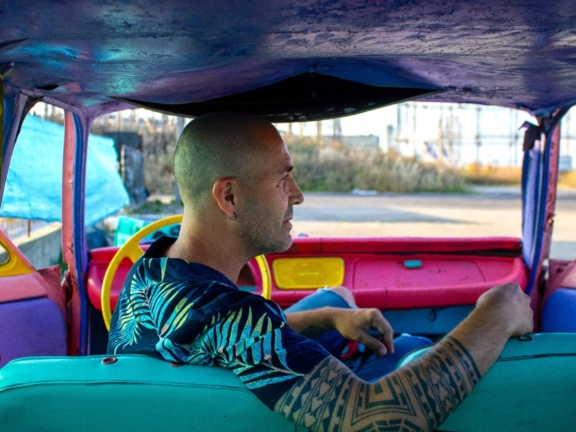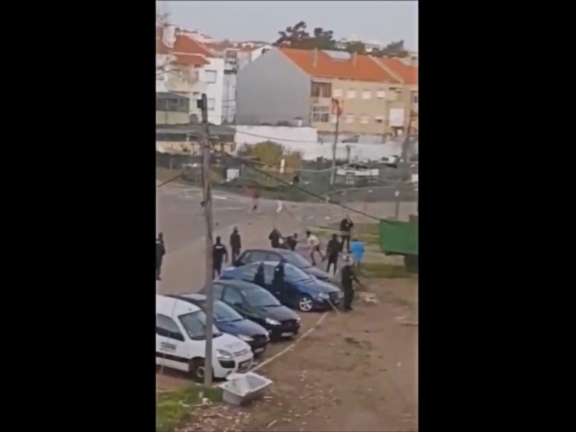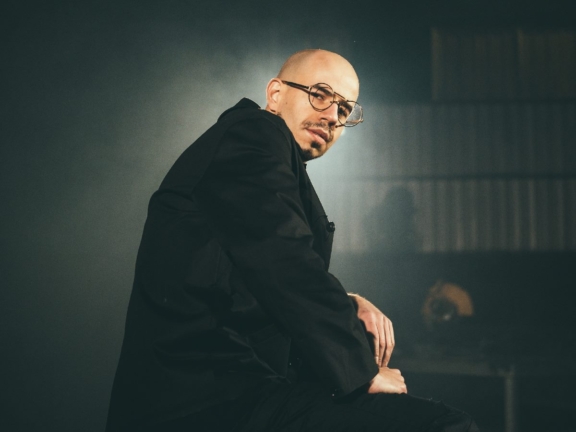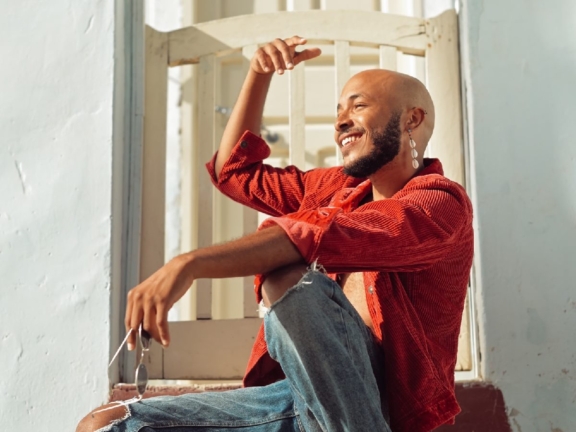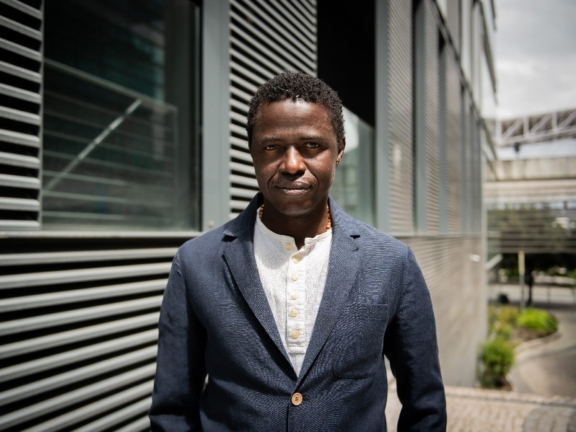
The other side of the man: a reading of Amílcar Cabral's letters
Event Slider
Date
- / Cancelled / Sold out
Location
Auditorium 2 Calouste Gulbenkian FoundationIn the year that marks Amílcar Cabral’s centenary and the 50th anniversary of the 25th of April, the letters written between 1946 and 1960 by the historic leader of the independence of Cape Verde and Guinea-Bissau, Amílcar Cabral, to his wife, Maria Helena – compiled and organised into a book by his daughter, Iva Cabral, together with editors Márcia Souto and Filinto Elísio – inspire a literary performance by Nádia Yracema, Joãozinho da Costa, Ana Valentim and Matamba Joaquim.
These letters, testimony to a resilient love, mirror the framework of a revolutionary era and the challenges of the pan-Africanist utopia, allowing us to explore the lesser-known face of the man behind the myth. And what do we find? A man with fears and desires, doubts and certainties, who loves, suffers and dreams, who fights, resists and wins. A man who belongs to all the children of Africa and to freedom.
Summer Garden 2024
This event is part of the Summer Garden 2024, a free-entry festival with concerts, DJ sets, talks, films and workshops. Learn more
Speakers
-

Ana Valentim
She began her training as an actress with the Professional Course in Performing Arts and Acting at the Gil Vicente Secondary School. In 2012 she completed a degree Theatre, Acting in the Lisbon Theatre and Film School. She did an internship at Espaço Teatroesfera, under the guidance of Paula Sousa. In theatre, she collaborated with Ricardo Neves-Neves, Mário Coelho, José Peixoto, Zia Soares, Aldara Bizarro, Sónia Baptista, Sandra Faleiro, Aurora Negra, Daniel Gorjão and Teresa Coutinho. In cinema, she has worked with Pedro Cabeleira, Alice dos Reis, João Nuno Pinto and Patricia Sequeira.
-
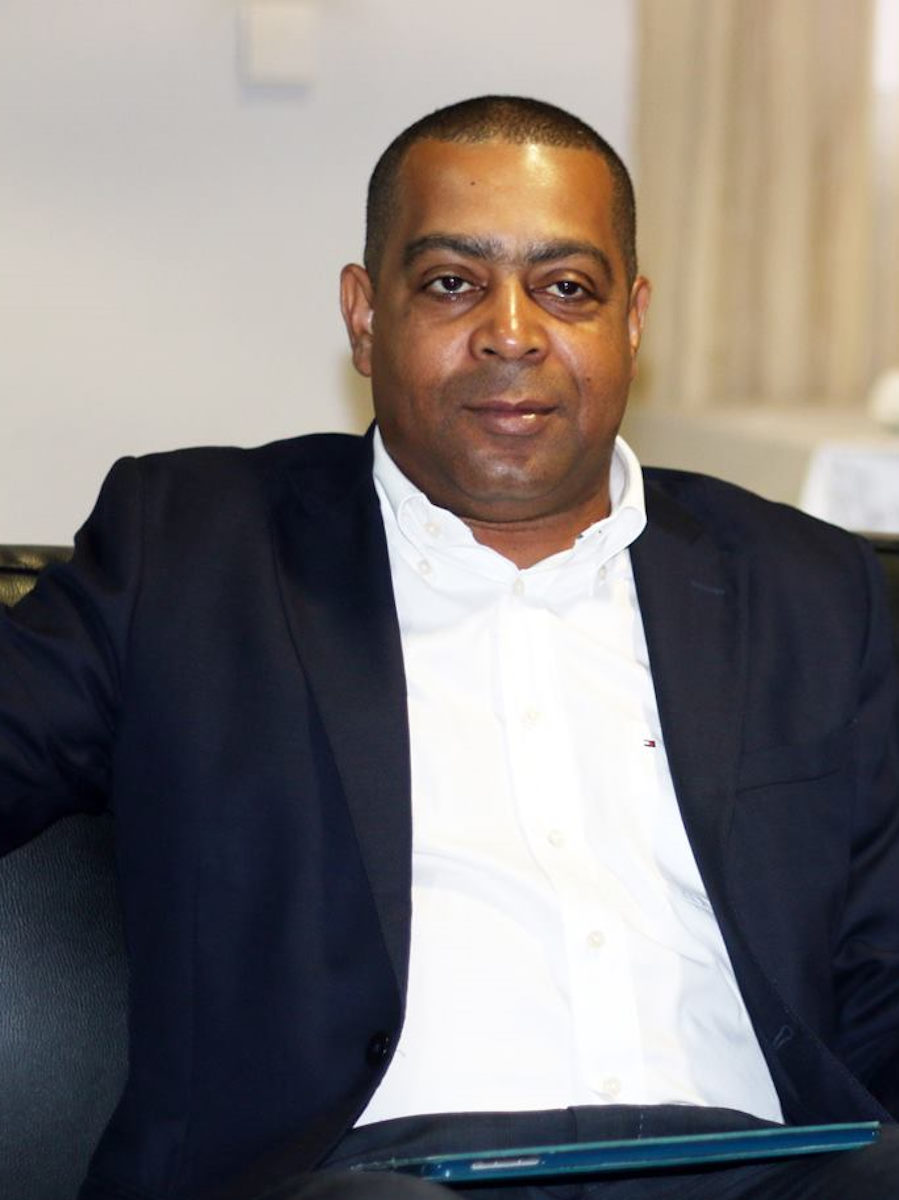
Filinto Elísio
He is a writer and editor at Rosa de Porcelana. He has been a teacher and also worked in the fields of cultural and political advisory and publishing in Cape Verde, the United States and Portugal. He is the author of several works – including poetry, prose and essays – and a columnist for newspapers in Cape Verde and Portugal. He is a founding member of the Cape Verdean Academy of Letters and the Amílcar Cabral – Martin Luther King Jr. Annual Conference, as well as a corresponding member of three Academies of Letters in Brazil. He is the creator of the Sal World Literature Festival and the Amílcar Cabral Centenary Colloquium.
-

Joãozinho da Costa
He was born in Cacheu, Guinea-Bissau. He is an actor, performer, director and visual artist, as well as a university student at the Faculty of Architecture in Lisbon. He has held exhibitions such as Código and Quarentena. His works, such as Atos Isolados, Fidju di Tchon and Duas Peças de Xadrez, show his versatility. He has taken part in award-winning projects such as ‘Memória (Calling Cabral)’ and ‘Anda, Diana’. He is known for valuing the stories of the communities he represents, making him an important figure in intercultural dialogue and the promotion of artistic diversity.
-
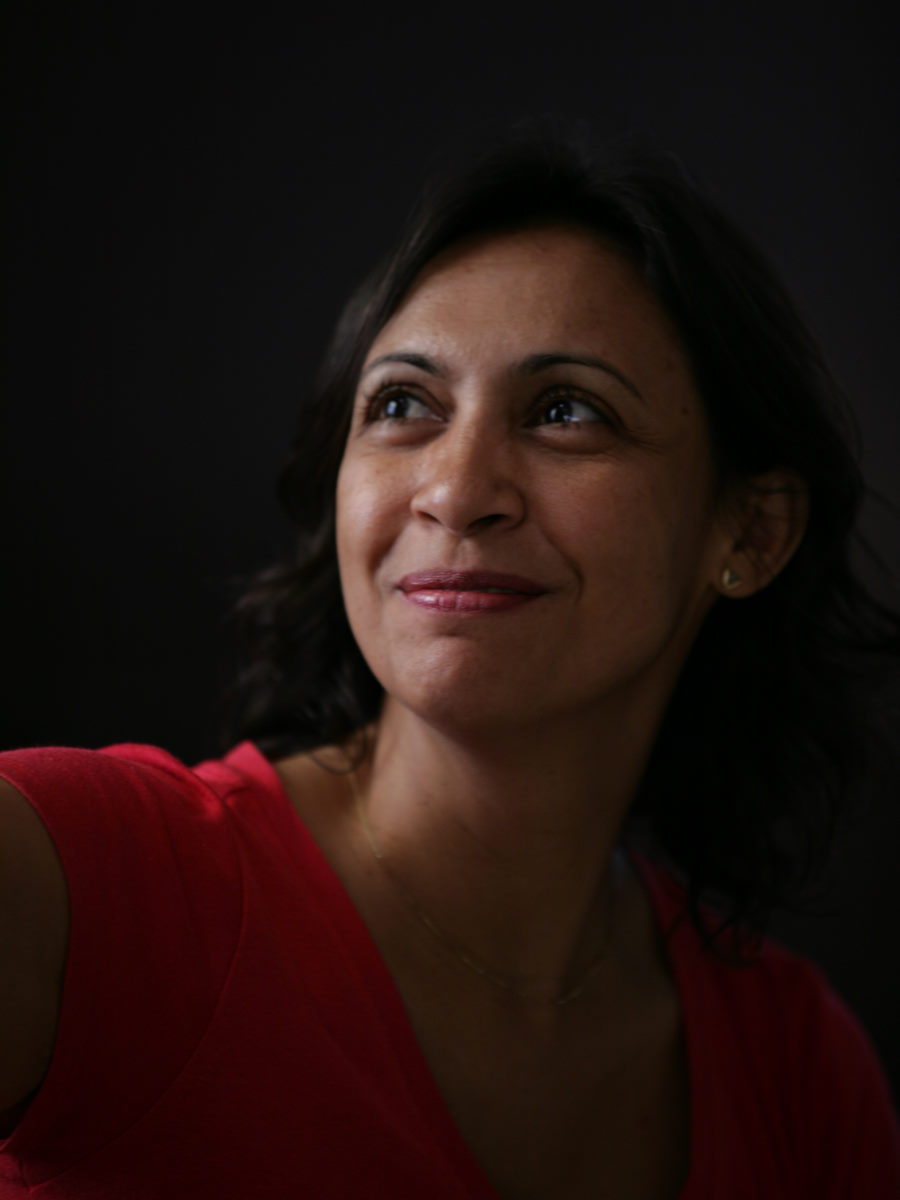
Márcia Souto
She is a teacher and editor. She has worked in Brazil, Cape Verde and Portugal as a teacher, director of the publishing and library services at the University of Cape Verde and editor-in-chief of Rosa de Porcelana. She is the author of Fenestra and editor of the books Cartas de Amílcar Cabral a Maria Helena: a outra face do Homem, Claridosidade: Edição Crítica, Itinerários de Amílcar Cabral and Cartas de Amílcar Cabral a Ana Maria: entre mim e ti aconteceu Amor. She is the organiser of the Salt World Literature Festival and the Amílcar Cabral Centenary Colloquium.
-
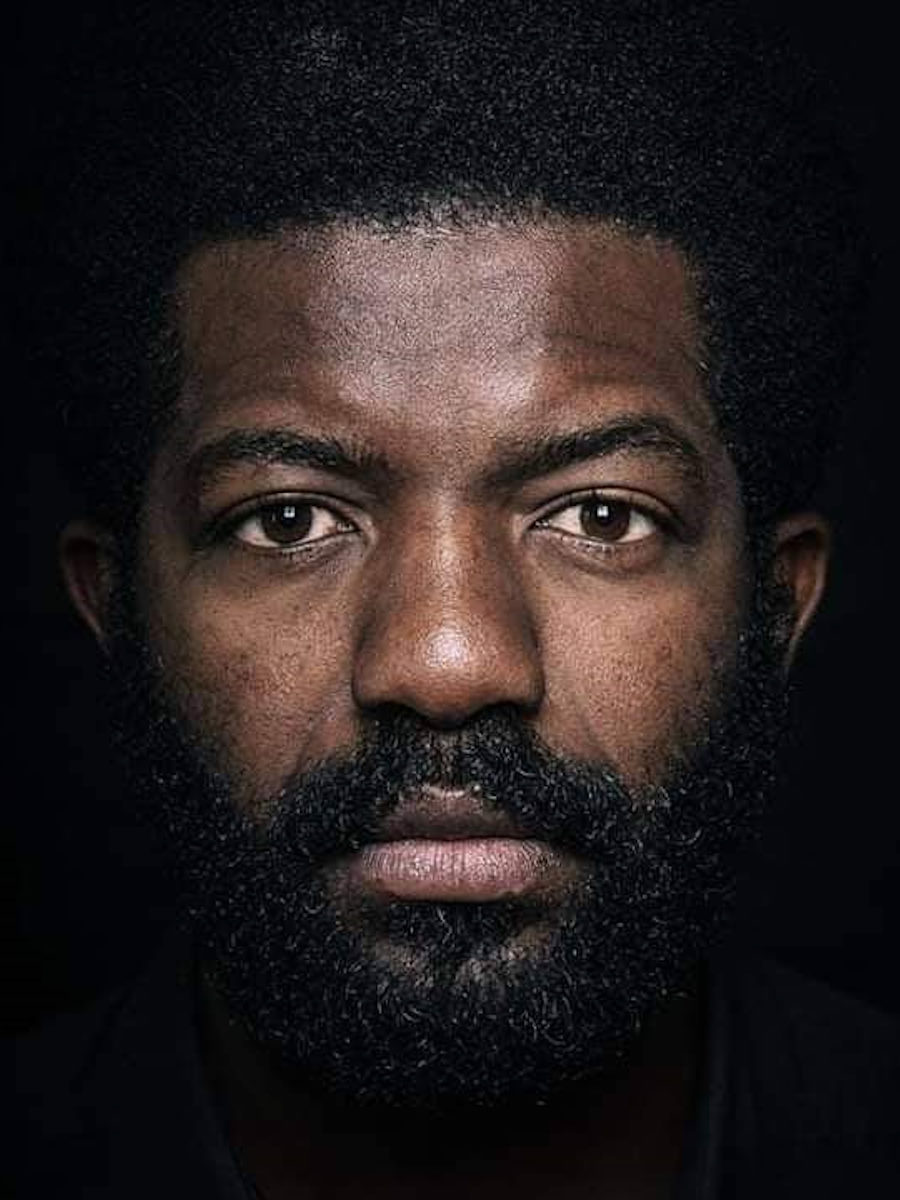
Matamba Joaquim
He is a founding member of the Griot Theatre, where he has worked as an actor with many directors, and a permanent member of the Portuguese Film Academy. He has worked in television and in several feature and short films, and was nominated for the Sophia Awards 2024 as best supporting actor in Pátria, by Bruno Gascon. In 2018, he was honoured with the GDA Foundation’s New Talent in Cinema award for his performance in the film Comboio de Sal e Açúcar, a Mozambican candidate for the Oscars. He is the screenwriter of the series Café Kwanza and Contos de Natal and has published two books.
-
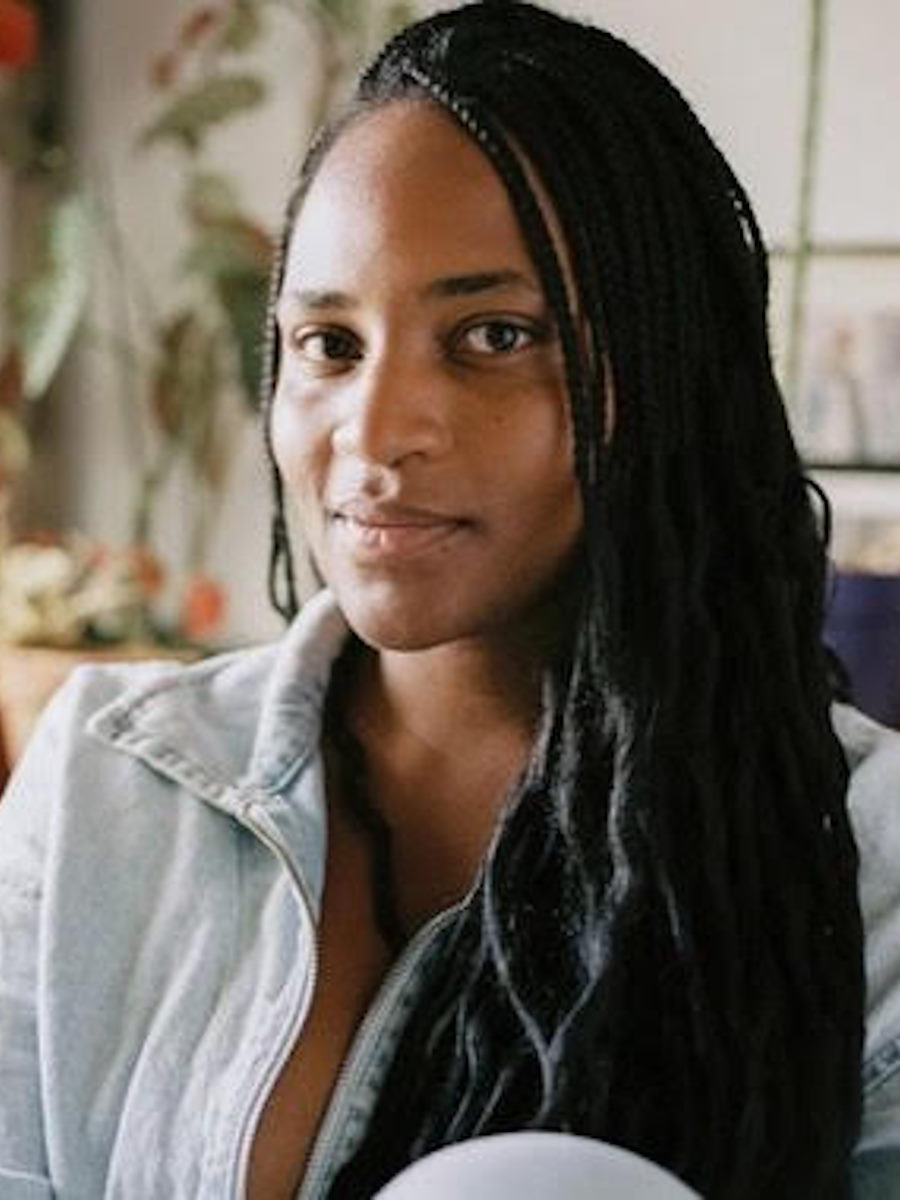
Nádia Yracema
She was born in Luanda, Angola, and began her training and activity in university theatre. She studied Law at the University of Coimbra. In 2012 she joined the Lisbon Theatre and Film School. She has worked as an actress, director and curator in collaboration with national and international artists. She actively participates in various social organisations that promote collaborative work in the fields of cinema, theatre and performance. She is a founding member of UNA – União Negra das Artes. Together with Cleo Diára and Isabél Zuaa, she co-created the Aurora Negra project and the Kilombo festival.
The Calouste Gulbenkian Foundation reserves the right to collect and keep records of images, sounds and voice for the diffusion and preservation of the memory of its cultural and artistic activity. For further information, please contact us through the Information Request form.




